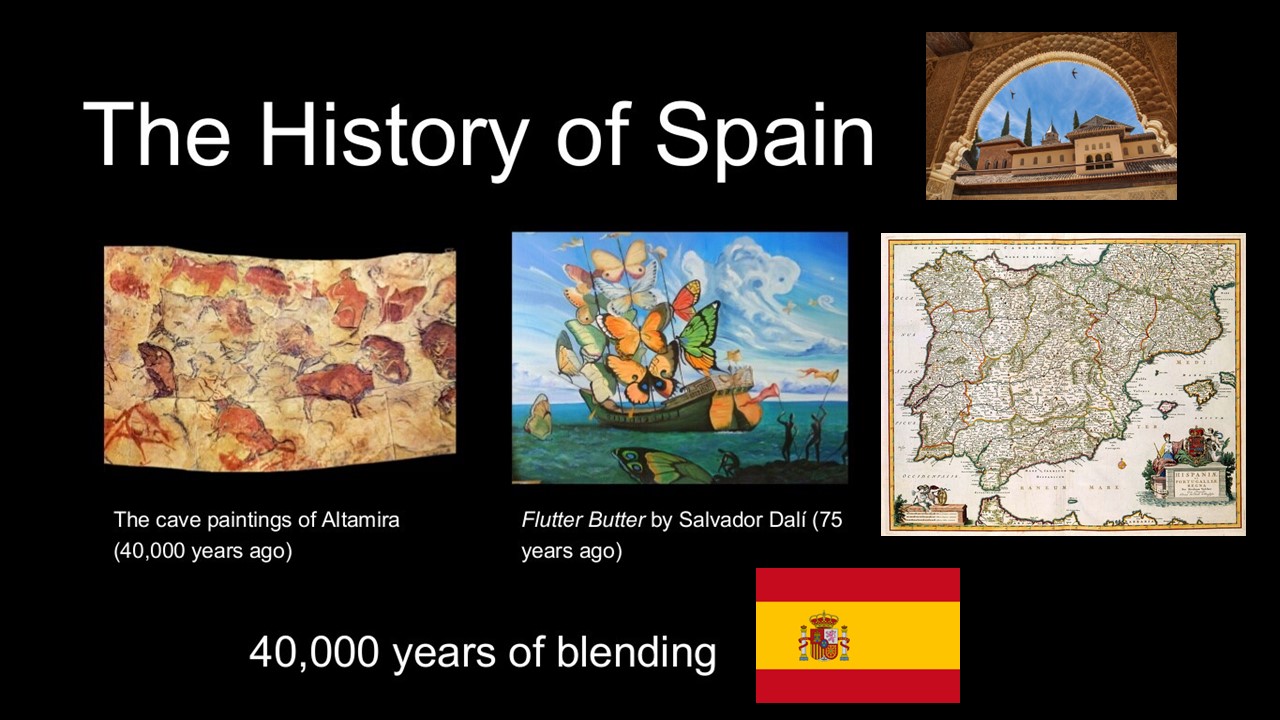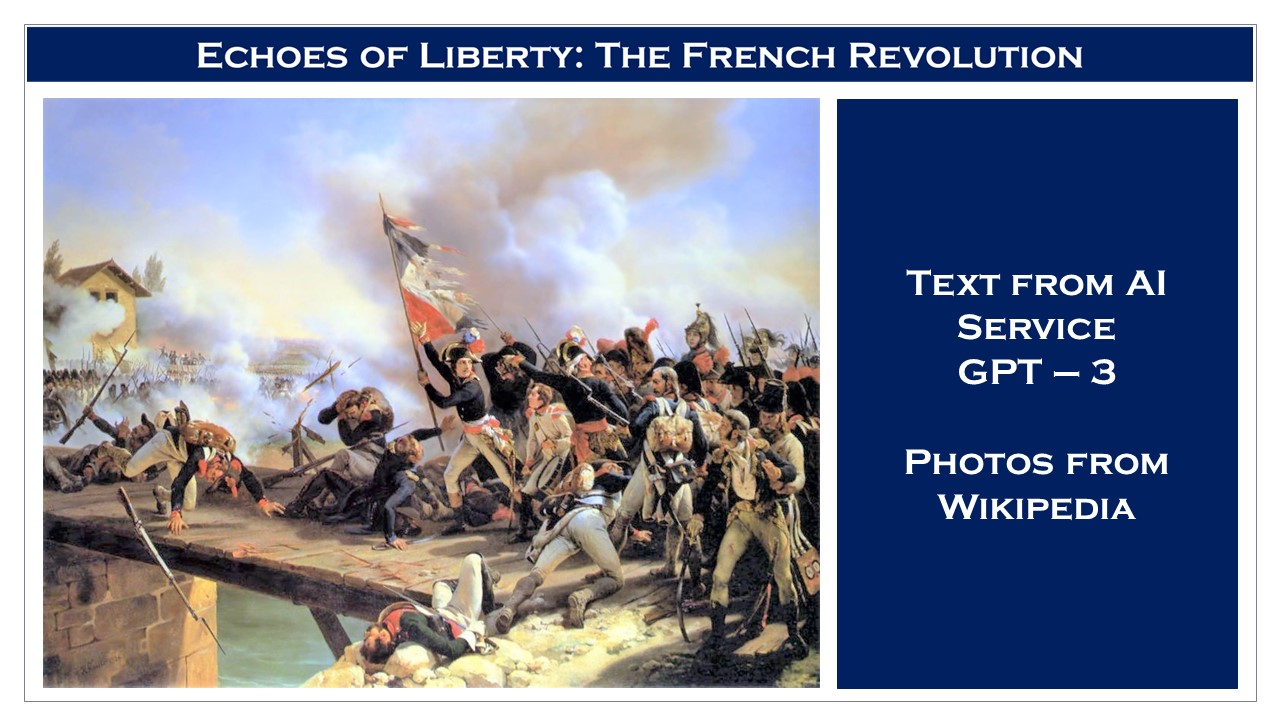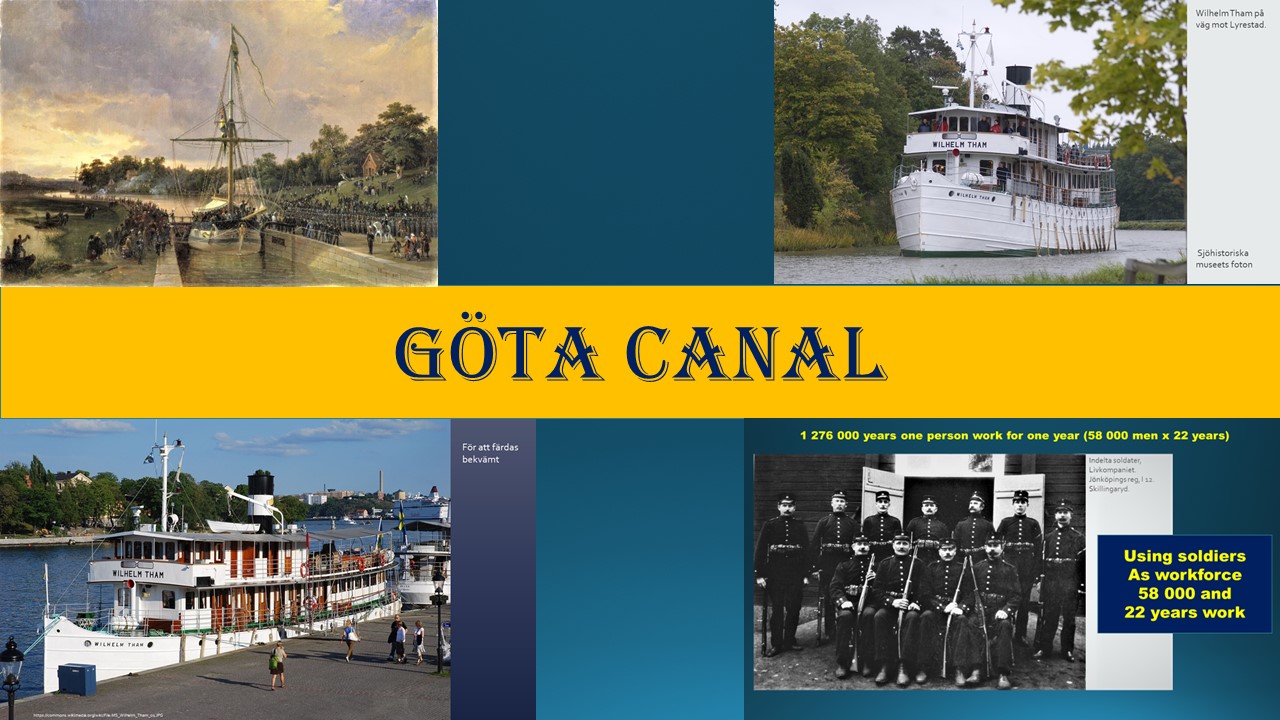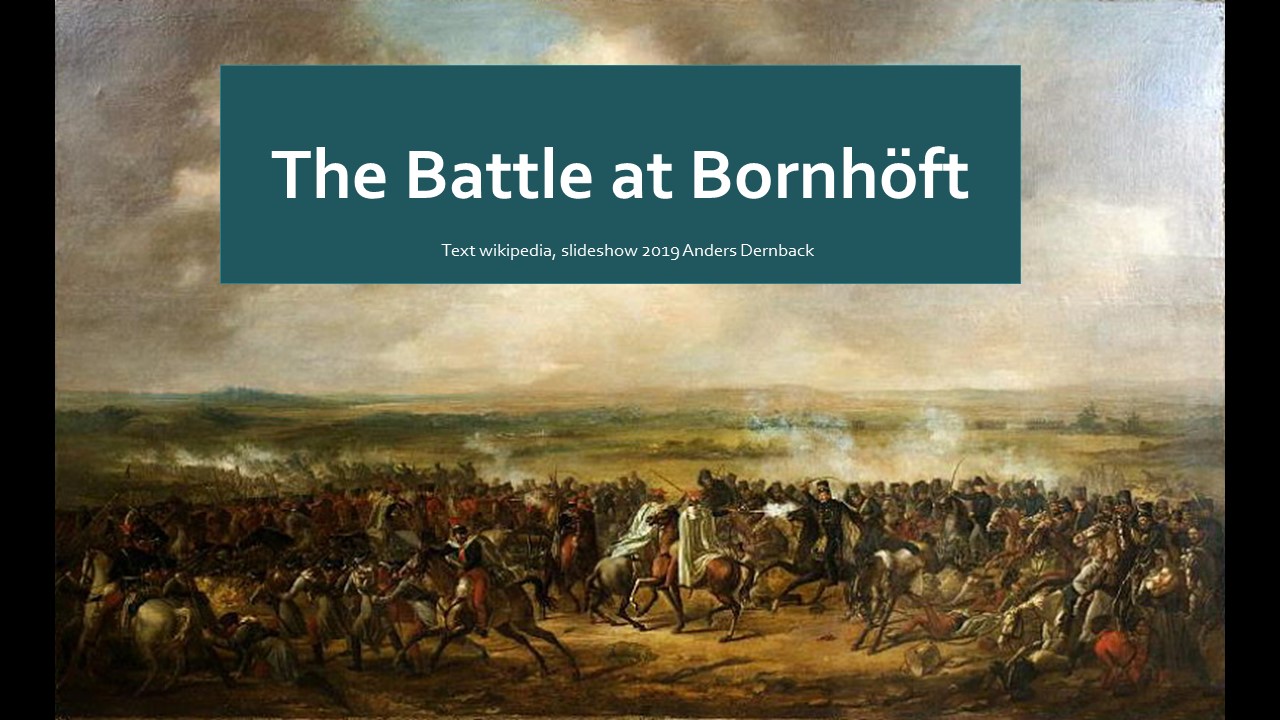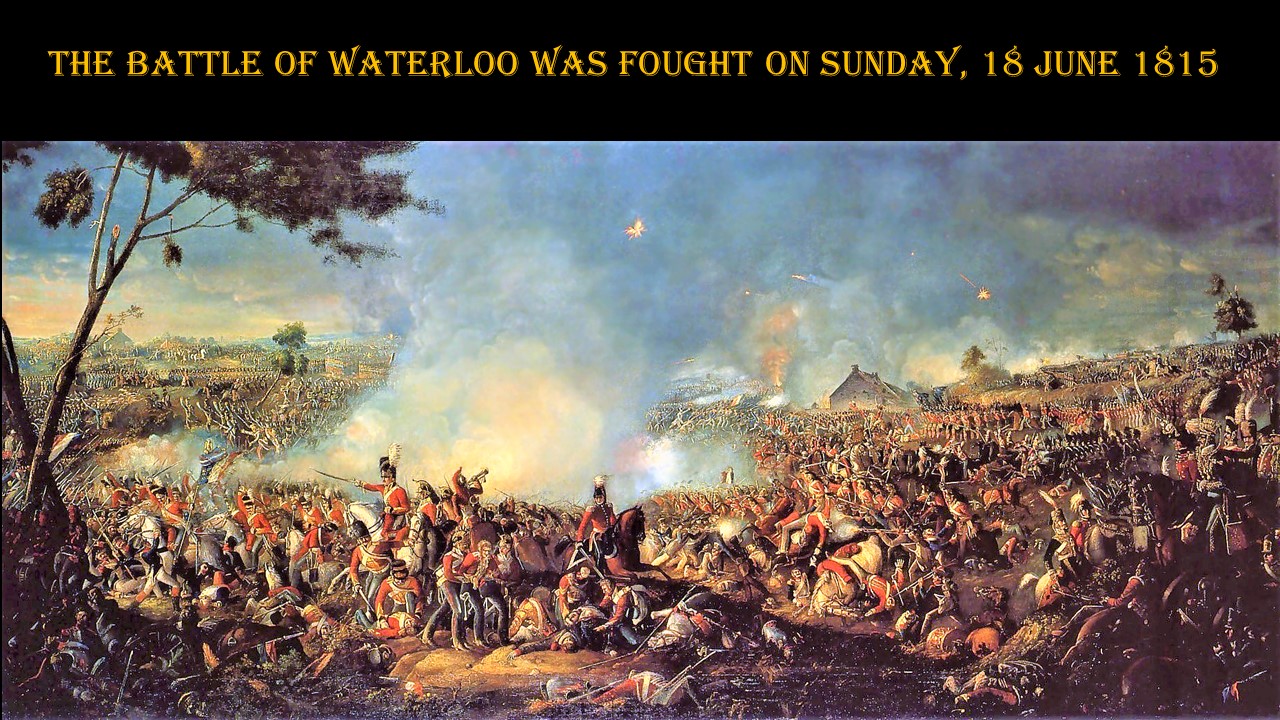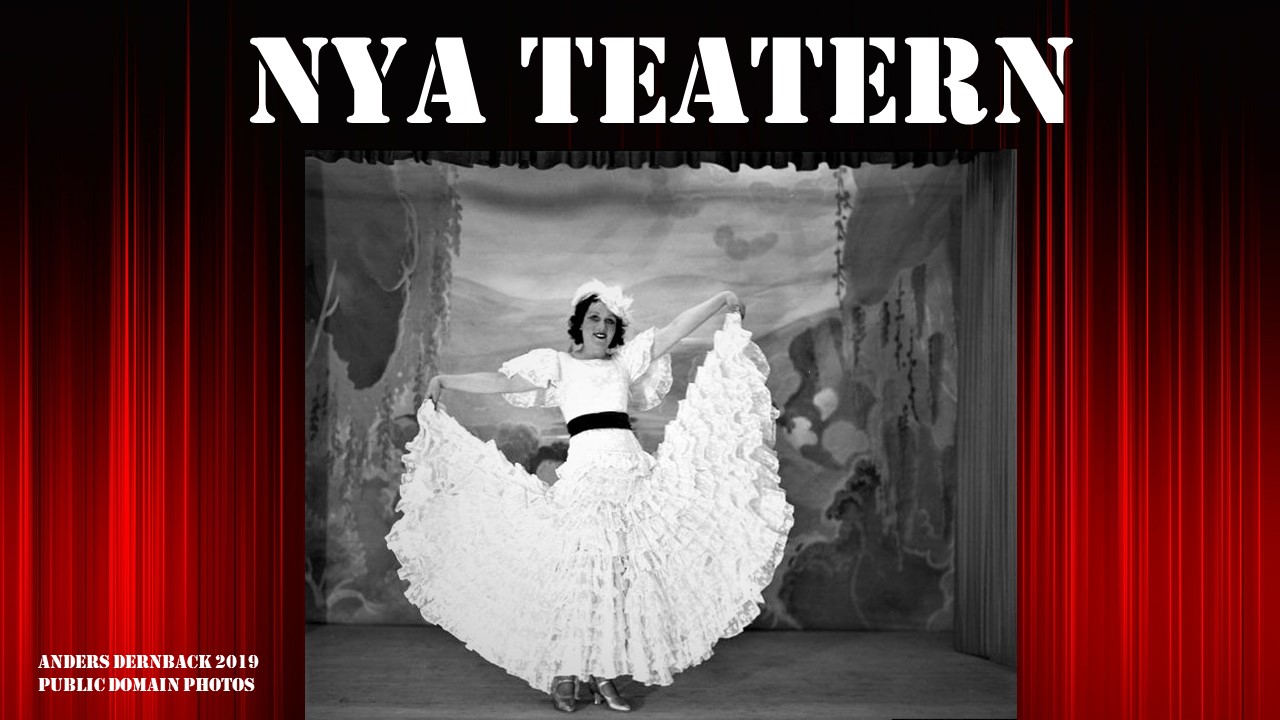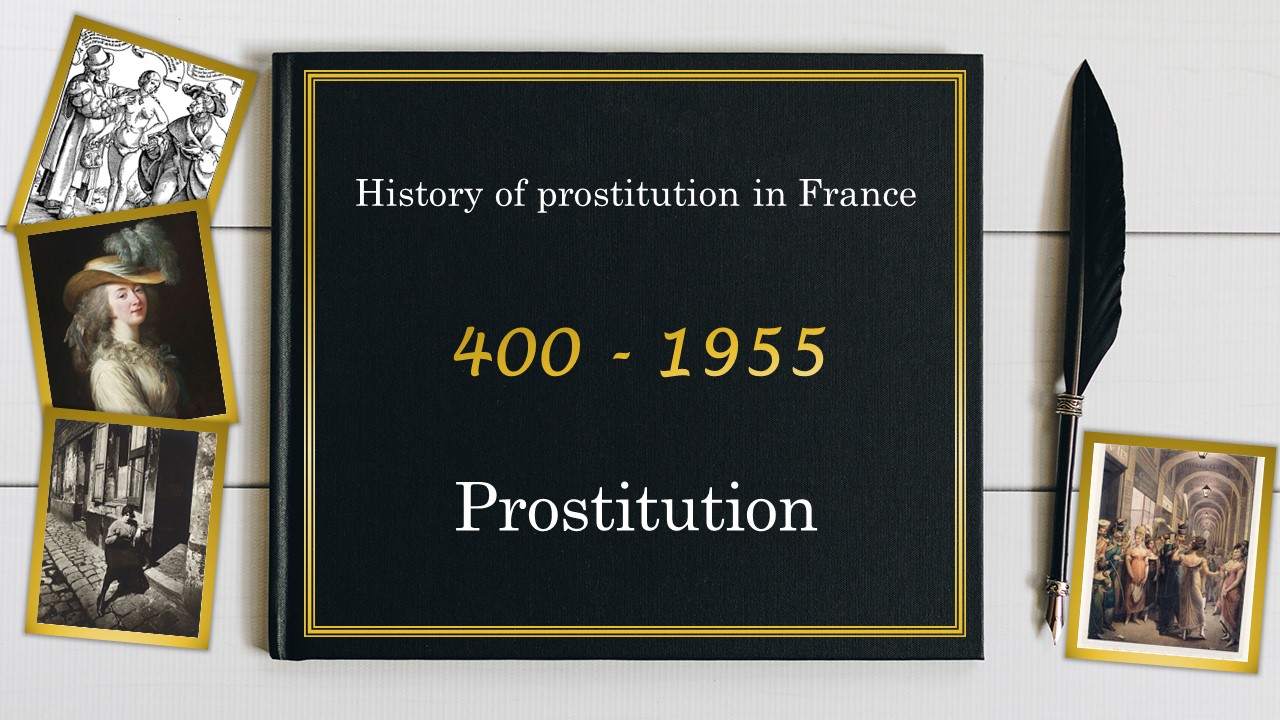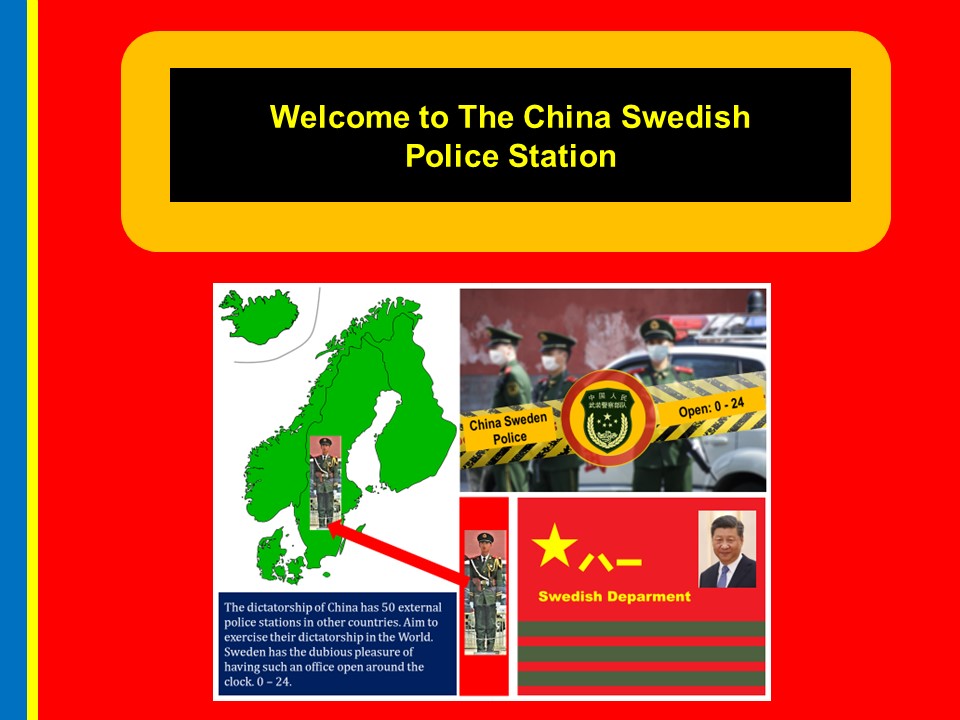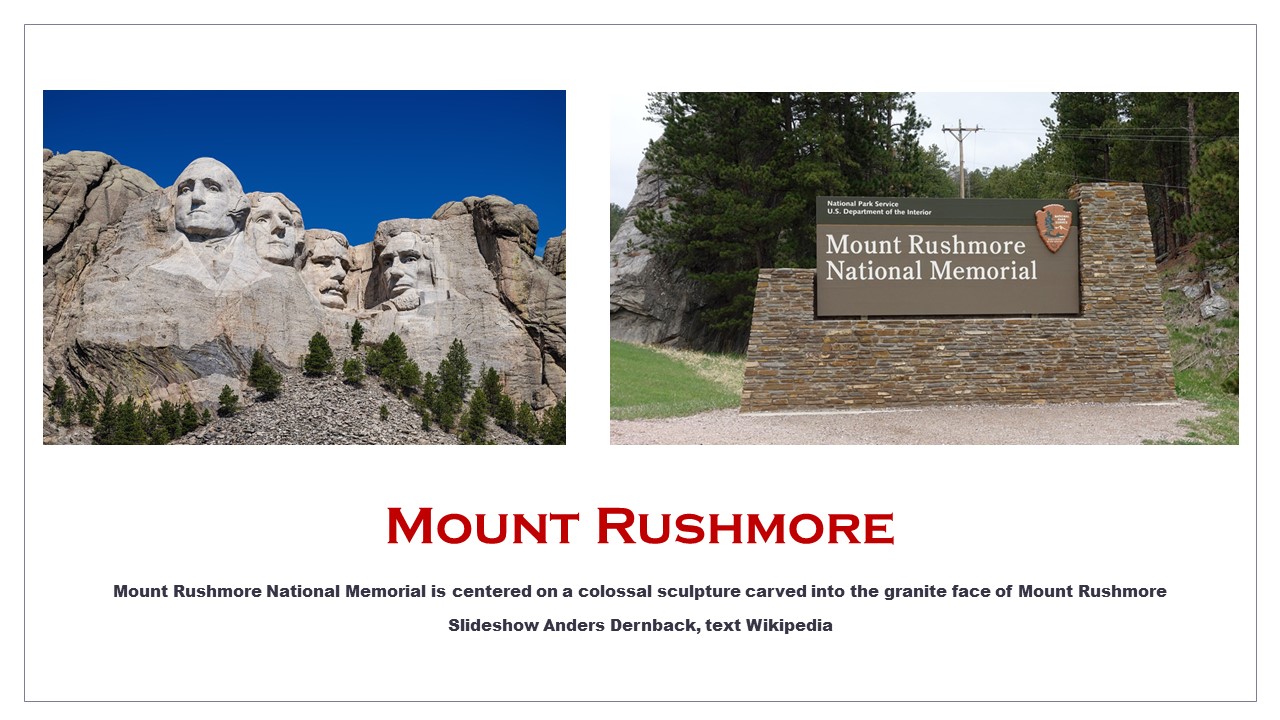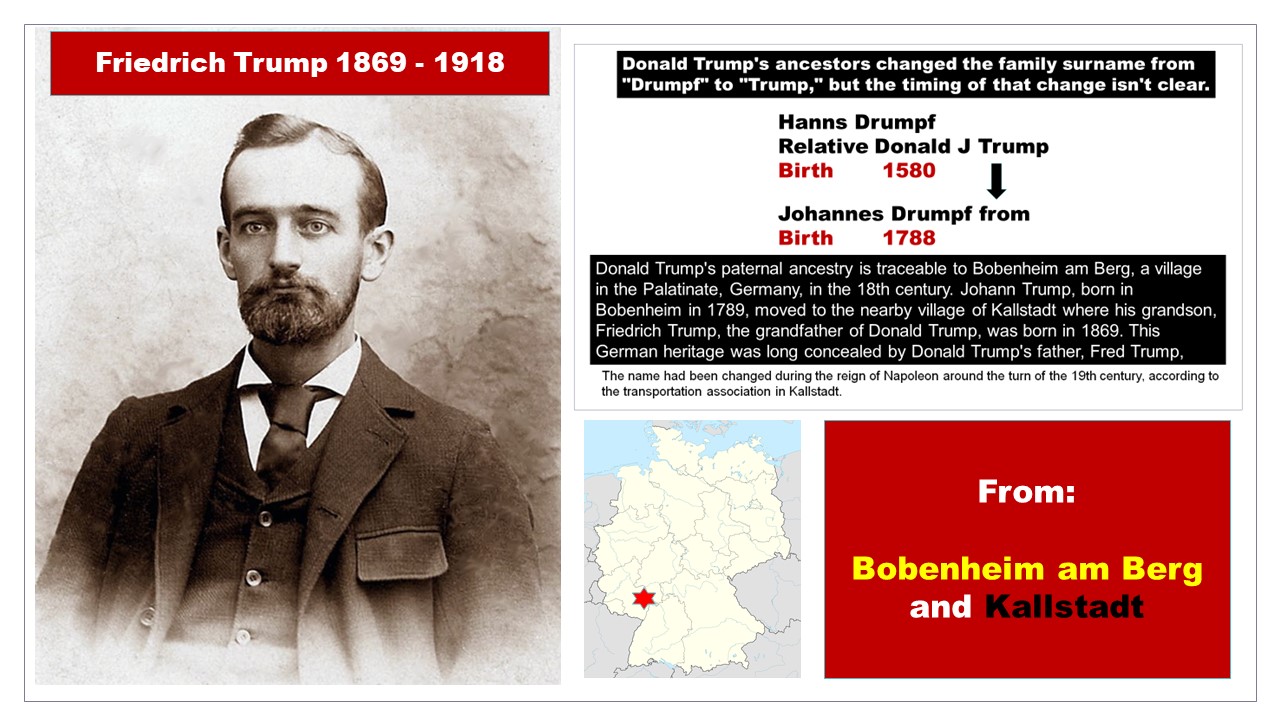History of Spain BC 200 to 1700. (English)
On Sale
$5.00
$5.00
The history of Spain
dates to the Antiquity when the pre-Roman peoples of the Mediterranean coast of the Iberian Peninsula made contact with the Greeks and Phoenicians and the first writing systems known as Paleohispanic scripts were developed. In 1479, the Catholic Monarchs, Isabella I of Castile and Ferdinand II of Aragon, unified Spain as a dynastic union of disparate predecessor kingdoms (the Crown of Castile, the Crown of Aragon and smaller realms); its modern form of a constitutional monarchy was introduced in 1813, and the current democratic constitution dates to 1978. After the completion of the Reconquista, the Crown of Castile began to explore across the Atlantic Ocean in 1492, expanding into the New World and marking the beginning of the Golden Age under the Spanish Empire. The kingdoms of Spain were brought in personal union under Habsburg rule in 1516. Until the 1650s, Habsburg Spain was the one of most powerful states in Europe and the world. The era of Bourbon Spain began in 1700. Spain continued to control a vast empire until the early 19th century. During this period, Spain was involved in all major European wars, including the Italian Wars, the Eighty Years' War, and the Thirty Years' War. Spanish power declined in the latter part of the 17th century.
In the early part of the 19th century,
most of the former Spanish Empire overseas disintegrated with the Spanish American wars of independence. Only Cuba and the Philippines and a number of small islands left; they revolted near the end of what had been a century of great instability for Spain, and the United States acquired ownership (or control, in the case of Cuba) after the Spanish–American War of 1898. A tenuous balance between liberal and conservative forces was struck in the establishment of a constitutional monarchy in Spain during the Borbonic restoration; this period began in 1874 and ended in 1931. The Liberal Party (Práxedes Mateo Sagasta) and Conservative Party (Antonio Cánovas del Castillo) fought for and won short-lived control without any being sufficiently strong to bring about lasting stability.
In this slideshow (55) slidesshow pages.
dates to the Antiquity when the pre-Roman peoples of the Mediterranean coast of the Iberian Peninsula made contact with the Greeks and Phoenicians and the first writing systems known as Paleohispanic scripts were developed. In 1479, the Catholic Monarchs, Isabella I of Castile and Ferdinand II of Aragon, unified Spain as a dynastic union of disparate predecessor kingdoms (the Crown of Castile, the Crown of Aragon and smaller realms); its modern form of a constitutional monarchy was introduced in 1813, and the current democratic constitution dates to 1978. After the completion of the Reconquista, the Crown of Castile began to explore across the Atlantic Ocean in 1492, expanding into the New World and marking the beginning of the Golden Age under the Spanish Empire. The kingdoms of Spain were brought in personal union under Habsburg rule in 1516. Until the 1650s, Habsburg Spain was the one of most powerful states in Europe and the world. The era of Bourbon Spain began in 1700. Spain continued to control a vast empire until the early 19th century. During this period, Spain was involved in all major European wars, including the Italian Wars, the Eighty Years' War, and the Thirty Years' War. Spanish power declined in the latter part of the 17th century.
In the early part of the 19th century,
most of the former Spanish Empire overseas disintegrated with the Spanish American wars of independence. Only Cuba and the Philippines and a number of small islands left; they revolted near the end of what had been a century of great instability for Spain, and the United States acquired ownership (or control, in the case of Cuba) after the Spanish–American War of 1898. A tenuous balance between liberal and conservative forces was struck in the establishment of a constitutional monarchy in Spain during the Borbonic restoration; this period began in 1874 and ended in 1931. The Liberal Party (Práxedes Mateo Sagasta) and Conservative Party (Antonio Cánovas del Castillo) fought for and won short-lived control without any being sufficiently strong to bring about lasting stability.
In this slideshow (55) slidesshow pages.


